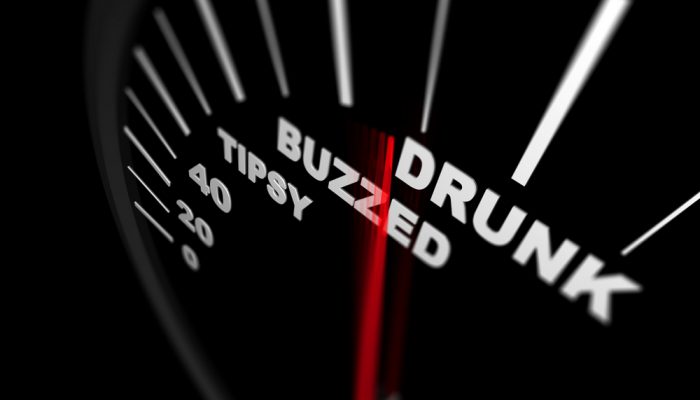Drunk driving has become a major problem in the state of Pennsylvania. While access to Uber and other ride-sharing services do provide alternatives to driving under the influence, the fact of the matter is people will get behind the wheel after drinking too much. Our state and local police forces have been cracking down effectively to take these dangerous drivers off the road. Now, state lawmakers are reevaluating the way first-time offenders are punished.
Currently, if you get a DUI in Pennsylvania, even if it’s your first one, you will lose your license for a year if your blood alcohol level was between .10 and .15. That leaves you unable to effectively get around. You may struggle to get to work or school, especially if there isn’t proper public transportation in your area. A new law, sponsored by State Senator John Rafferty, may change that.
What Is Changing
Under Senate Bill 290, first-time offenders who were convicted of a DUI with a blood alcohol content of .10 and .15 may be able to avoid being without a license for a year. Instead, they can apply for a special ignition interlock device license that would still allow them to drive, as long as they are sober. Speaking on behalf of the convicted drunk driver, Rafferty said, “He can still support his family or she can still support her family by driving to work. They can go to the athletic events with their children. They can drive to church or synagogue.”
Last year alone, 345 people were killed by drunk drivers in this state. Local group Pennsylvania Parents Against Impaired Driving (PA PAID) supports this new bill, citing the effectiveness of similar laws in other states. According to the Pennsylvania Department of Transportation, the bill, called the Ignition Interlock Law, should go into effect in summer 2017.
What Is an Ignition Interlock Device?
In short, ignition interlock devices prevent a car from starting if the driver’s blood alcohol level is above a set limit. The driver blows into the device, similar to a Breathalyzer. If there is too much alcohol on their breath, the device locks up the engine. To prevent someone else from blowing into the device on behalf of an impaired driver, there are usually periodic retests, which require the driver to pull over and blow into the device again while they are driving. In addition, temperature gauges and other measures prevent drivers from using something like compressed air to bypass the system.
Being allowed to drive after getting a DUI comes with a price. On average, a device costs between $75 to $150 to install. In addition, monthly upkeep costs between $60 and $80. Depending on the length of the sentence, having an ignition interlock device can cost you over $1,000. For many, however, that is a small sum to pay for the the freedom of being able to drive.
If you have been charged with a DUI in Pennsylvania, it’s vital you get proper representation in court. A skilled attorney can help you get your charges reduced and, in some cases, dropped. Contact Steven E. Kellis today for a free initial consultation.
